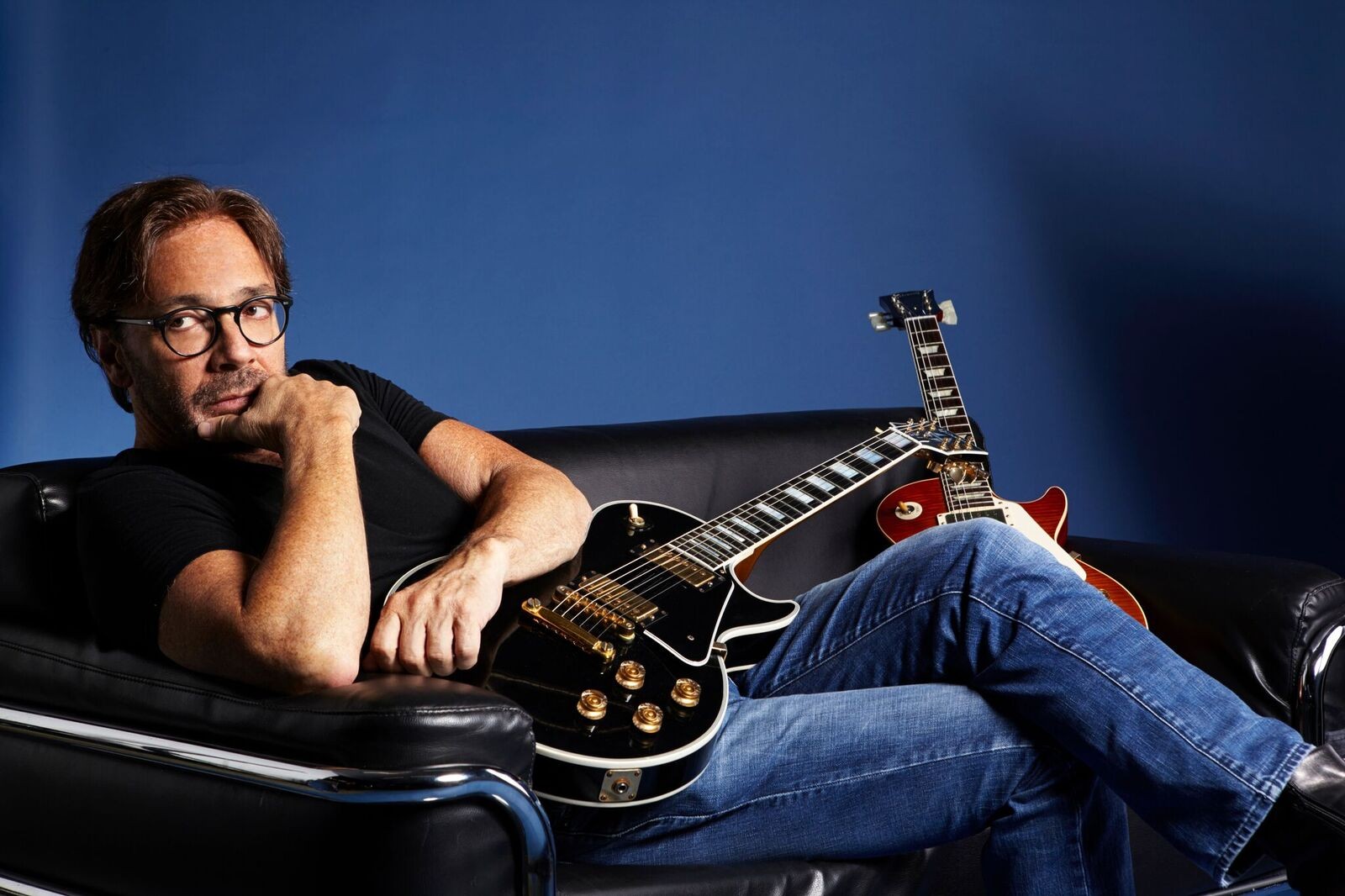 Back when massive instrumental chops sold a lot of records, jazz fusion guys like Al Di Meola were rock stars.
Back when massive instrumental chops sold a lot of records, jazz fusion guys like Al Di Meola were rock stars.
In the mid-’70s Di Meola burst onto the scene as a 19-year-old guitar prodigy with Return to Forever, a band led by Miles Davis-alum Chick Corea on keyboards, and a young gun bassist named Stanley Clarke who had a resume like a NYC post-bop rolodex: David Brubeck, Horace Silver, Gil Evans, Stan Getz, Art Blakey.
Theirs was the hip sound of the time. Intricate and progressive, flaunting virtuosity in composition and improvisation, pairing well with fine Colombian and a stiff cocktail.
“When the fusion era was getting started it was really exciting, it was a lot about chops and technique,” Di Meola remembers, a hint of a New Jersey accent detectable over the phone “[Return to Forever] was not only about that, Chick’s compositional aspect was a big influence. A lot of the bands that came after played with a lot of chops and no compositional value.”
Like the rock stars that they were, fusionauts went hard in every way. For some of the greats like Jaco Pastorius, it ended in addiction and self-destruction. For Di Meola, the hard playing resulted in acute tinnitus, a permanent ringing and roaring sound in the ears.
After a string of acclaimed electric solo recordings, most notably 1977’s Elegant Gypsy that for all intents and purposes laid the groundwork for shred-style guitar, Di Meola put down his Les Paul fearing that he might lose his hearing completely.
He picked up a nylon string acoustic guitar and turned to explorations in flamenco-jazz, recording what critics call the most important acoustic guitar album of all time with fellow jazzman John McLaughlin and Spanish flamenco virtuoso Paco de Lucia. But his real musical renaissance came later, upon discovering the Argentine tango composer Astor Piazzolla.
“He really cemented the idea of how to meld the technical side with the emotional side,” he says of Piazzolla, who he met at a jazz festival in Sapporo, Japan in 1986. Piazzolla’s approach combined complex jazz harmonies, oddball polyrhythms with evocative melody lines. “For me that was it, the best of both worlds, and really expanded the color and scope of my composition.”
They never had a chance to collaborate, but Di Meola’s 1996 tribute album to the Argentine master continues to have a profound effect on him, twenty years later, and is audible on his latest recording, Elysium, which he released earlier this month.
On Elysium we also hear the return of the Les Paul that made Di Meola famous, something he reintroduced to his touring repertoire last year. “It started as a challenge to see if I could do it,” he explains. “I really shouldn’t be doing it again, taking the risk, but I enjoyed it so much last year.”
Several tracks on Elysium feature overtracked electric guitar lines that hearken back to his fusion days. “I wanted to get back to composing to what came out of my head at the moment, not thinking about appealing to any specific audience,” he says of his newest material, a natural counterpoint to his previous album of Piazzolla-esque Beatles covers.
For the latest batch of songs, “adding electric guitar was an afterthought but it works,” he says, pointing out that American audiences tend to respond best to his electric material. With that in mind, he’s excited to revisit Elegant Gypsy material on this tour, “even though my ears are ringing.”
Such are the occupational hazards of musicianship, and Di Meola understands that he’s in a position of privilege despite it all. Thousands of elite musicians graduate from conservatories every year and enter an industry in disarray. “I have no idea what they do, how they survive,” he says. “The record industry is over. Guys used to be able to do three or four sessions a day, that’s not there anymore.”
Chops alone won’t cut it in the music business in this day and age.
“Everyone with a name is on tour,” he says, taking stock of his own situation. “Whereas I thought I was going to do it one more time, I’m doing it again. I’d like to keep doing it but it’s really my medical problem that would keep me from continuing. ”
He talks about how rock star status kissed jazz fusion artists goodbye decades ago, and that radio support is gone so the crowds aren’t what they used to be. What is left for a guitar virtuoso to do with his music career?
For Di Meola, it’s keep on keeping on. “The music is complex and that’s what I do,” he says. “I don’t water down my music for people who like reality shows and crap like the Kanye West.”
Al Di Meola performs at The Coach House on June 19, 7 p.m., $39. For full information and to purchase tickets, click here.

